
By Steve Pratt, VP Operations, Support & Training at Aleph Hospitality
As a Learning & Development specialist, I have actively advocated continuous learning across all levels of the organization – for both personal and organisational development- throughout my career. This also counts for my role at Aleph Hospitality and my personal journey as a hospitality training professional.
At Aleph Hospitality we take great pride in the training programmes we create and deliver across the business, which span all levels of the organisation from front-line staff in the hotels to senior leaders in the corporate office. To support our rapidly growing portfolio of hotels across Africa and the Middle East, we have also adopted a Train the Trainer approach to amplify and accelerate the delivery of training across the business. Recently we trained our first group of 15 certified trainers at an event in Nairobi.
In this blog, I would like to share some elements of my personal learning journey, which most recently took me to Middlesex University in the UK where I completed my Msc degree in Transdisciplinary Practice. This course was particularly timely given the global pandemic and the major impact this had on not just learning and development, but the travel and hospitality industry at large, which resulted in a rapid switch to online training for many practitioners including myself.
As this adjustment happened, online training raised many questions in terms of quality and the learning that was taking place, and I used the opportunity to take a deep dive into this through my master thesis. In this project I explored and outlined my journey into the online training environment and investigated how I could improve my ability to “notice” in my practice with the supposition that this would enable me to uncover new ways to positively impact the way I designed and delivered training. One of the theoretical models I used to inform my research was the Cynefin Framework.
Exploring the four domains
Created by Dave Snowden in 1999, The Cynefin framework is a conceptual model used to aid decision-making by using four “domains”: Clear, Complicated, Complex and Chaotic. These were designed to help managers identify how they perceive situations and make sense of their own and other people’s behaviour.
In a clear domain with a simple task – for instance boiling an egg -we can use best practice as there is typically one ‘best way’ to do something that will work in different contexts and environments. In a complicated domain there may be a number of different solutions to achieve the same result so we may have many ‘good’ practices. The complex domain is the realm of unknown unknowns and there is no ‘right’ answer so we may need a different approach which is why curiosity is such a vital skill. In the chaotic domain seeking the ‘right’ answer is pointless due to the shifting nature of cause and effect and so the elements are unknowable. Most interesting to me are the complicated and chaotic domains, where we don’t know what we don’t know and need to try new things to see what happens. This was particularly apt during the pandemic when our industry underwent significant change. Decision making in these domains requires a curious and bold approach and a desire to learn and experiment, which is exactly what I did.
In the hospitality industry we have morphed from operations in a relatively simple domain with paper and pen processes, printed manuals and hardly any technology, to complex operations across borders using multiple systems and facing unique situations. In the context of Aleph Hospitality this also applies to our own hotel portfolio; what works in a 20-room beach resort in Tanzania, will not necessarily work in a 450-room city centre hotel in Qatar.
For my research I followed a process of action, observation, reflection and change over three cycles. In the first cycle I focused on me as a trainer and how I could be best prepared to facilitate online training. In the second cycle I focused on the delegates and how I could improve the connection as a group in a digital environment. During the last cycle, I looked at the interrelationships that took place within the trainings and how I could have a positive influence on them.
This process was nothing less than mind-blowingly insightful as well incredible meaningful as a corporate trainer while navigating the pandemic, which frankly, changed training, learning and development for good.
Connection over content and a culture of curiosity
I captured my findings in a reflective journal which led to various discoveries of new approaches and techniques in my training development and delivery. Most importantly, it led to the discovery that content is no longer king, but it’s the connection that’s paramount for success. Through heightened noticing in my own training practice based on the Cynefin framework, I changed elements such as the tools I use, my mindset as a trainer, interaction with delegates and the way I consider each new context. As a corporate trainer my value is not so much in the delivery of content, but more as a facilitator that creates an environment to allows relationships to develop and collaboration to thrive.
This personal learning journey is now becoming an organizational development journey as part of our culture and commitment to continuous learning at Aleph Hospitality. In line with this, we launched our corporate ethos for this year, which is curiosity; key to success as our industry recovers post-pandemic and our portfolio grows.
 f
f
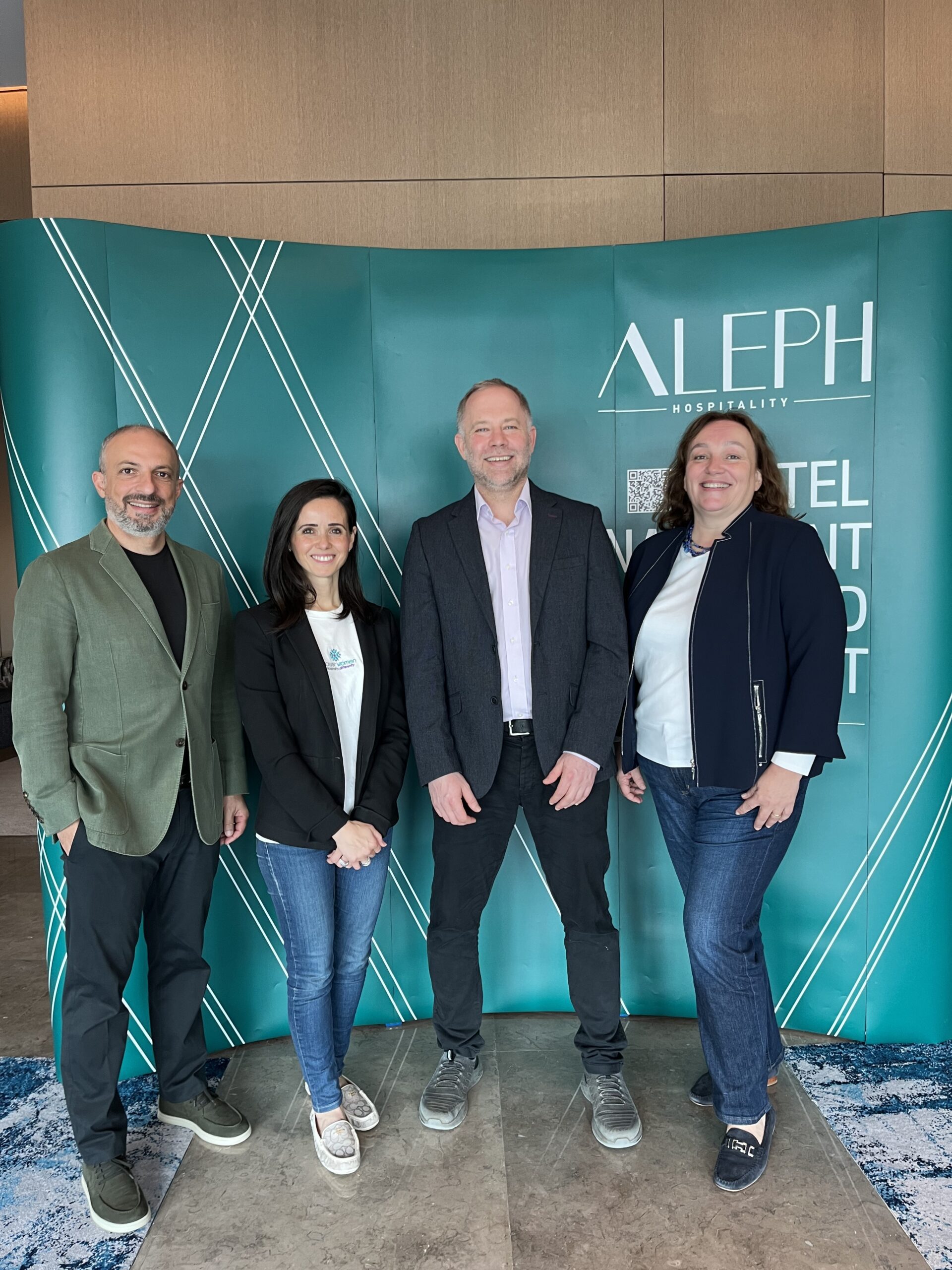 f
f
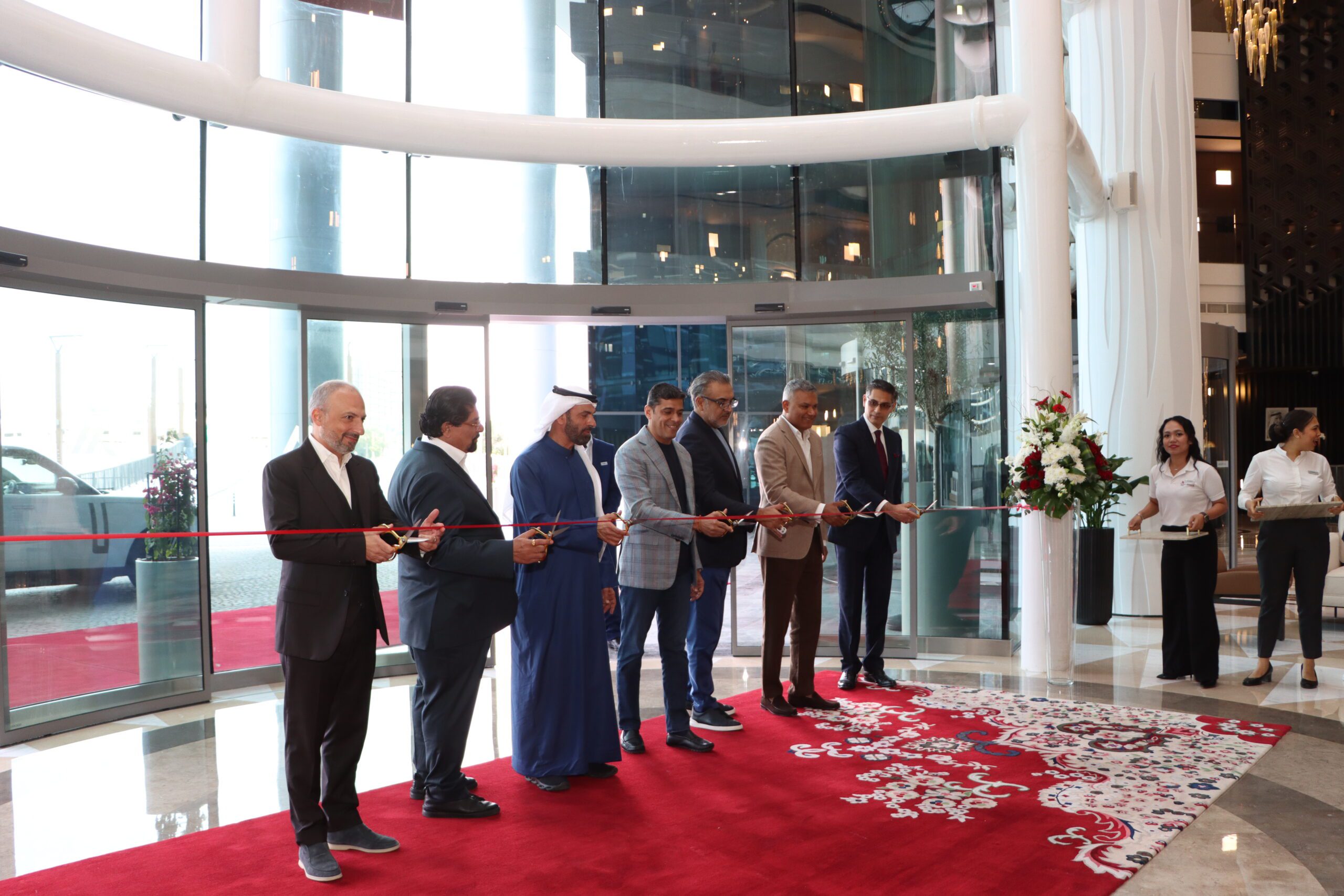 f
f
 f
f
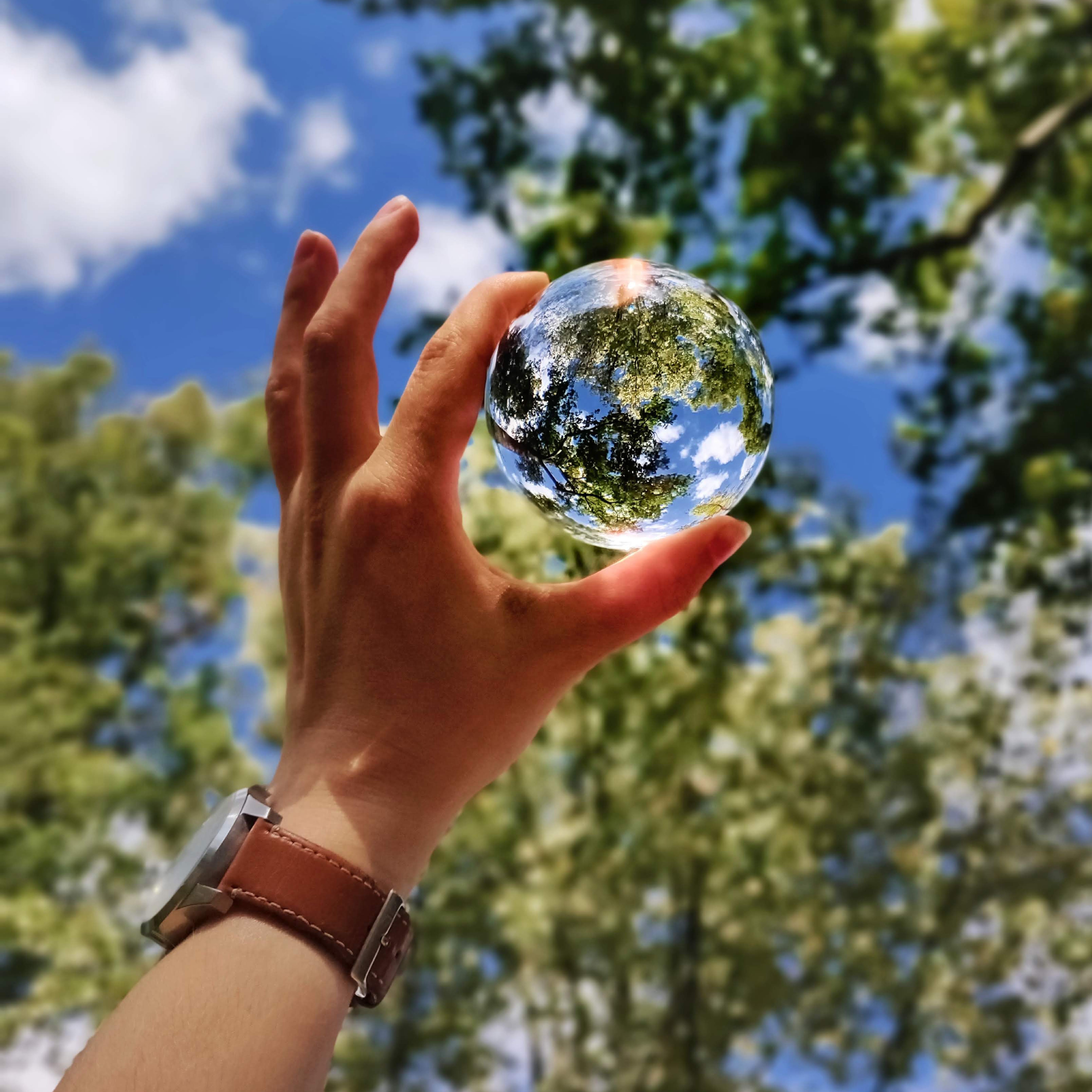 f
f
 f
f
 f
f
 f
f
 f
f
 f
f
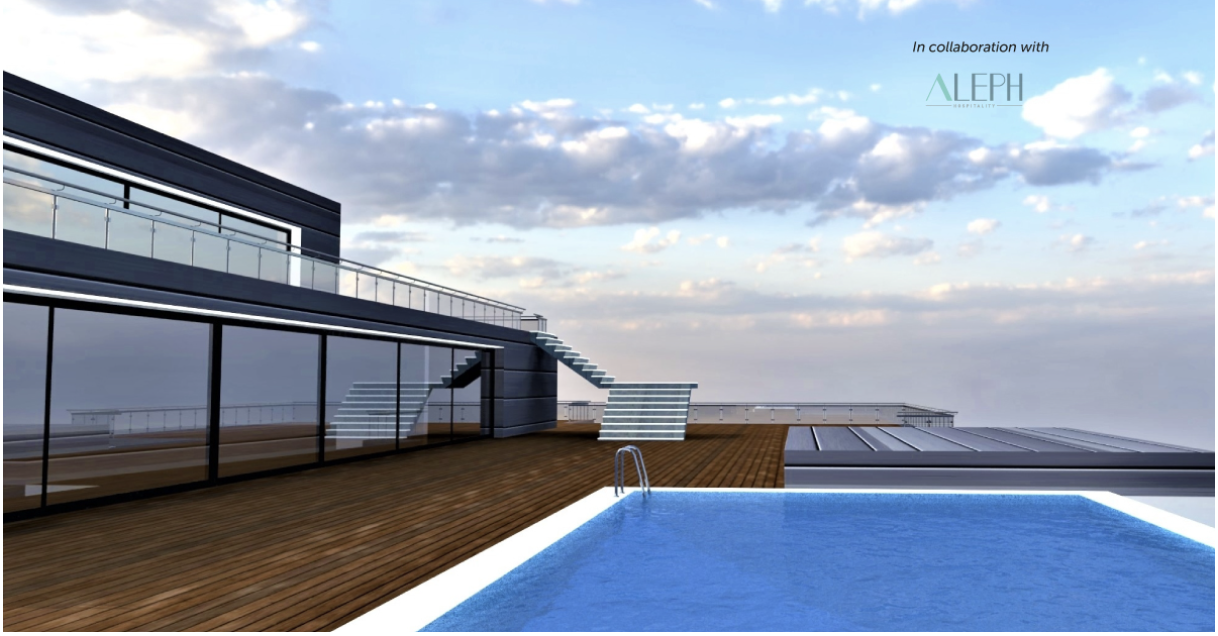 f
f
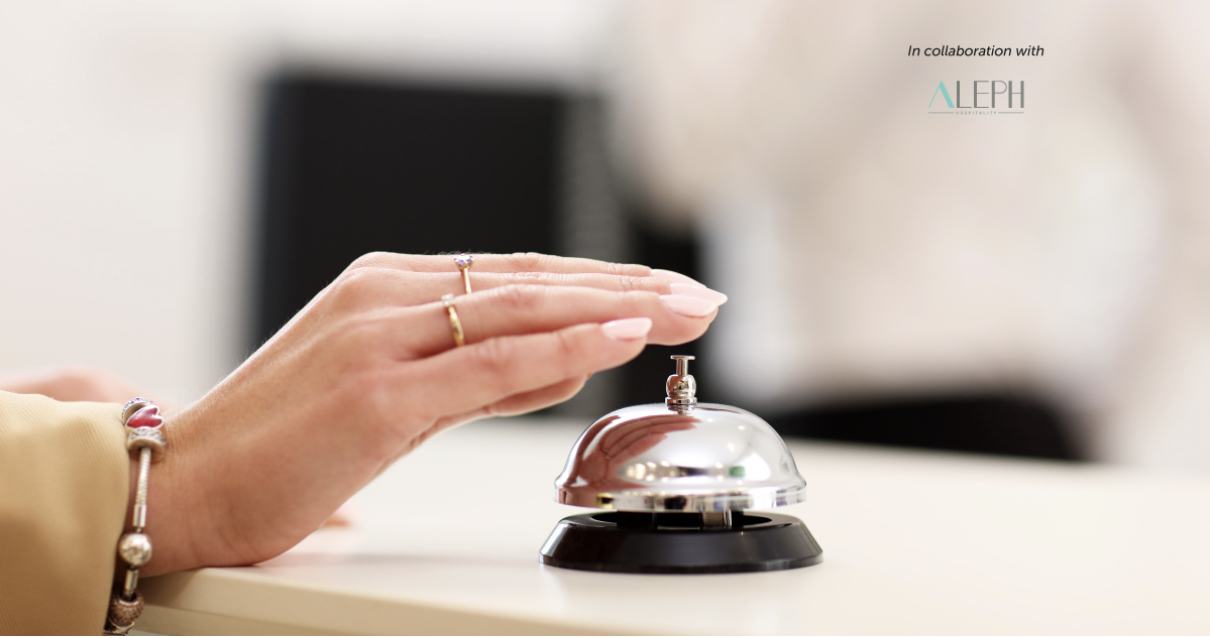 f
f
 f
f
 f
f